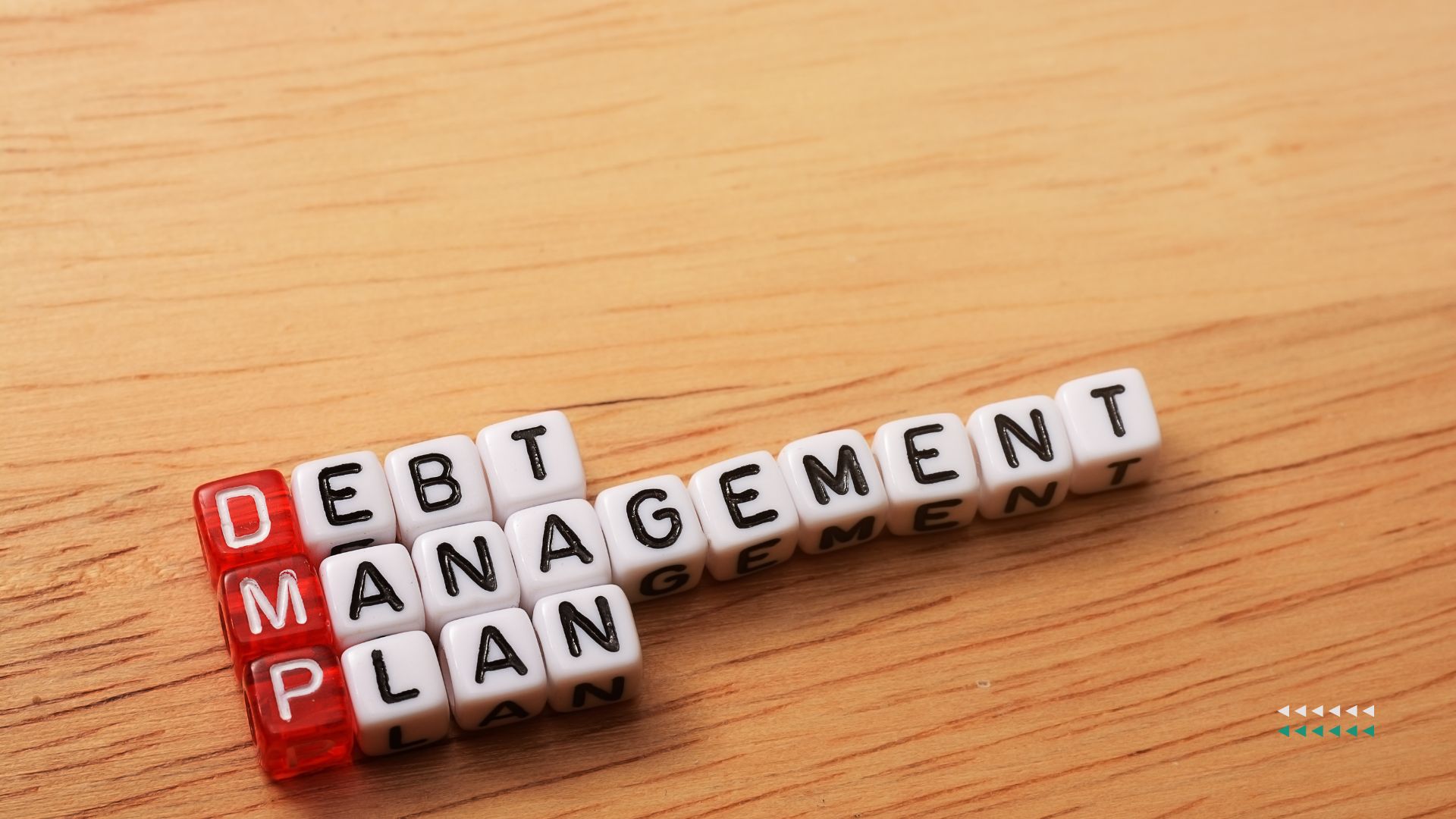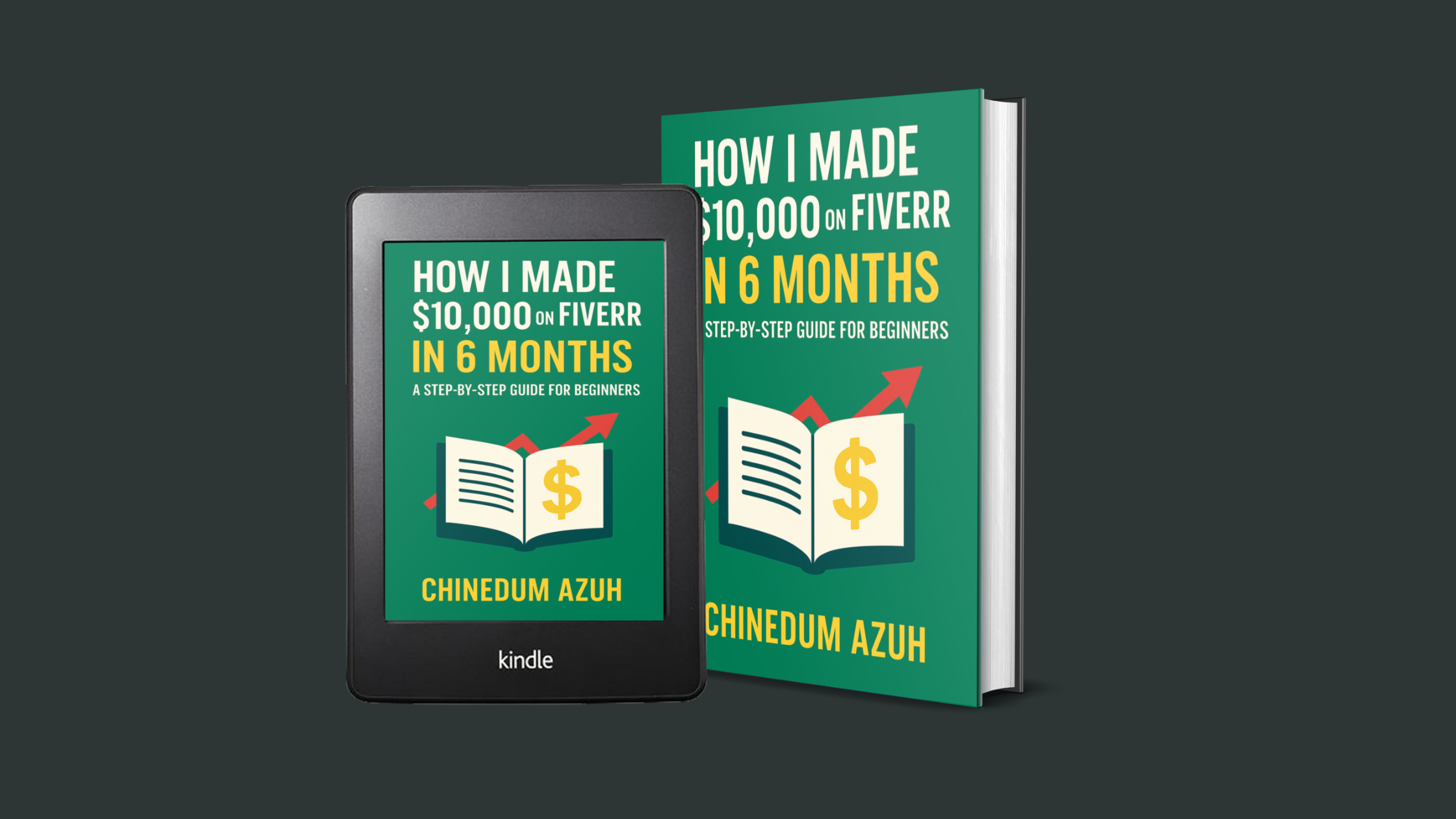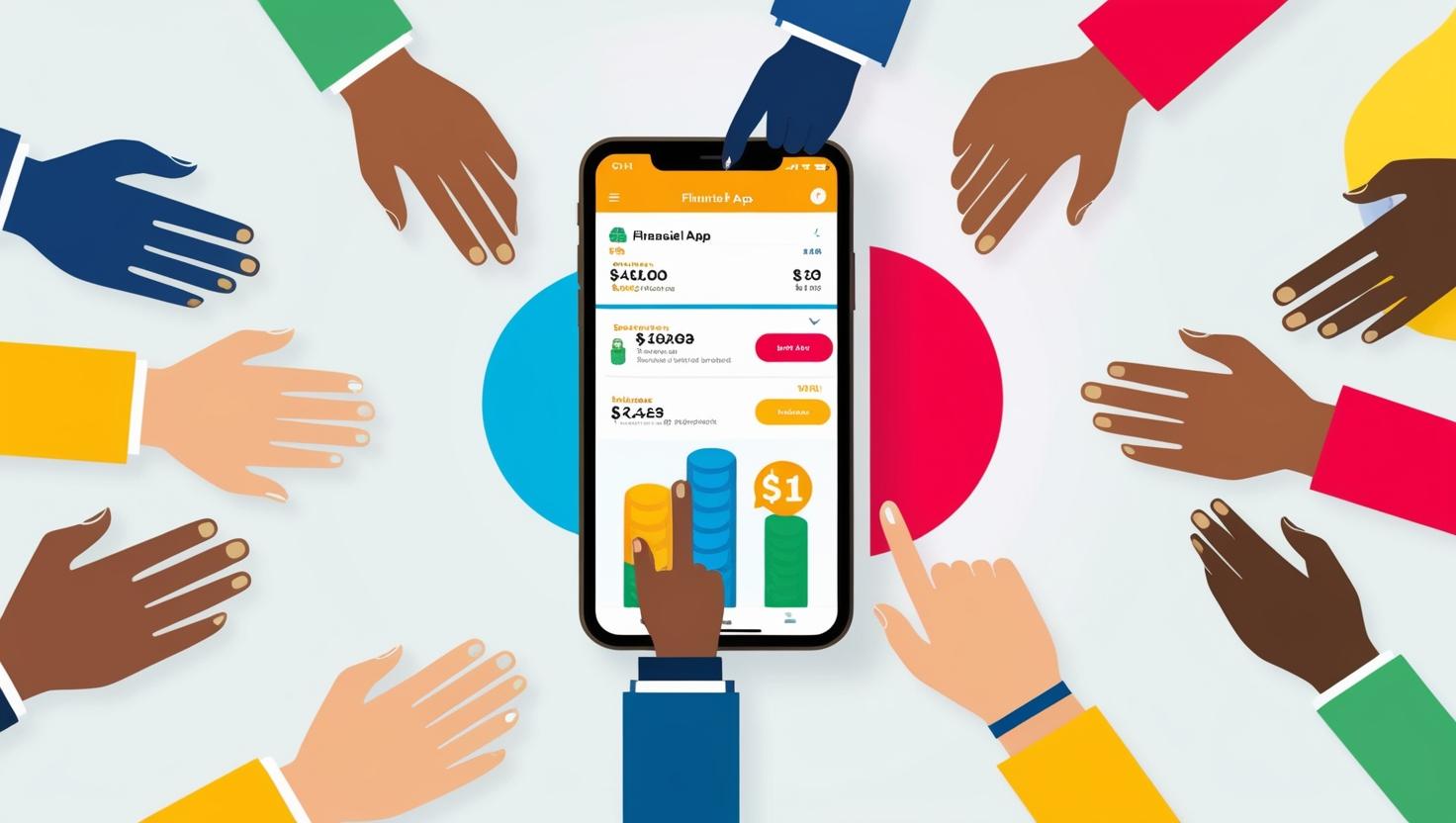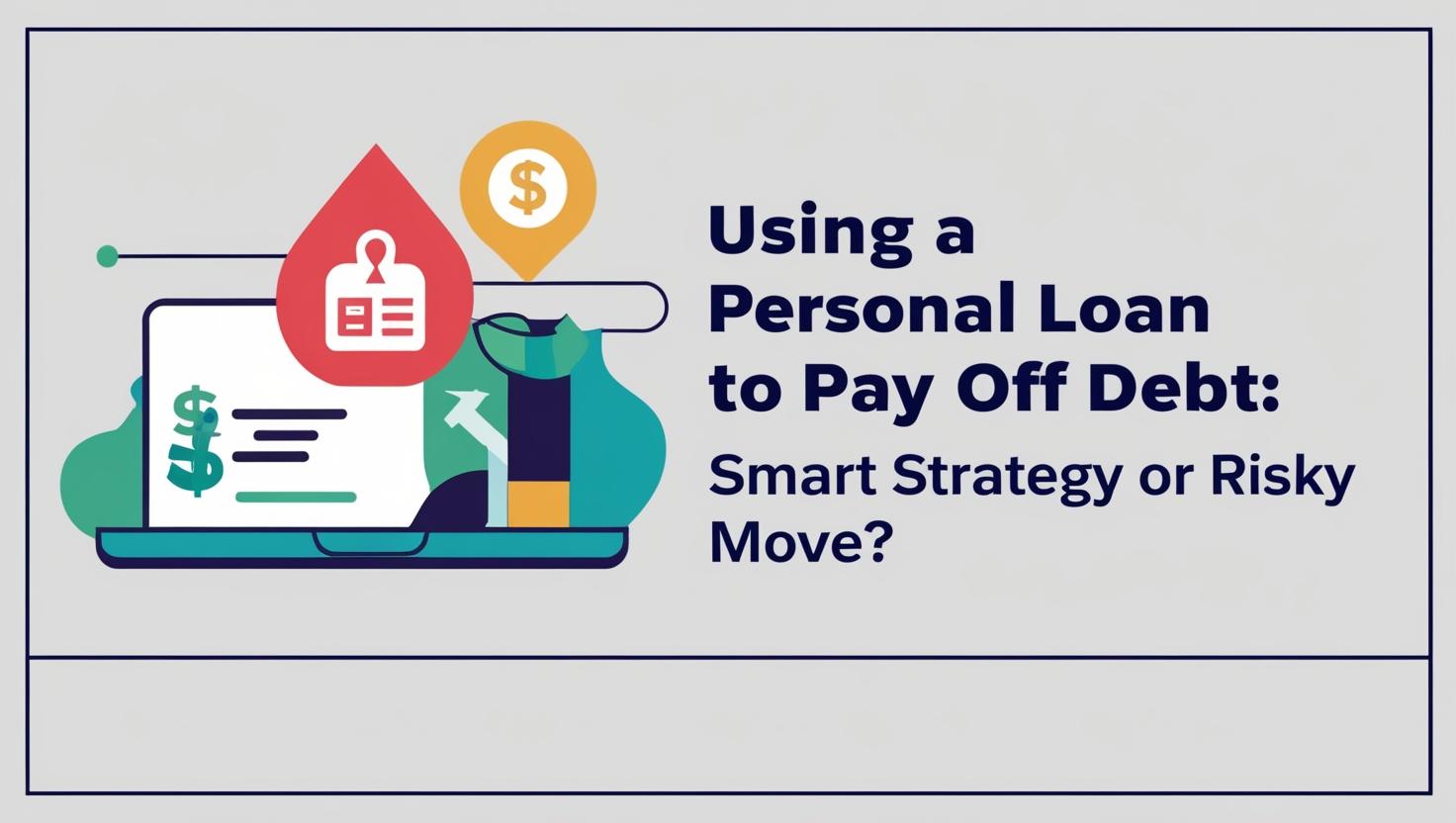Debt can be a heavy burden, weighing down not only your finances but also your mental well-being. However, debt management doesn’t have to be an overwhelming task. With a clear plan and the right strategies, you can take control of your financial future, save money, and ultimately live a debt-free life. This blog will explore practical steps to simplify your finances, strategies to save effectively, and ways to break free from debt for good.
Understanding Debt: The First Step to Freedom
Before you can tackle debt, it’s essential to understand it. Debt often falls into two categories:
- Good Debt: Borrowing that helps you build wealth or improve your life, such as a mortgage or student loan.
- Bad Debt: High-interest debt, like credit card balances or payday loans, that can spiral out of control.
While good debt can be a stepping stone to financial growth, bad debt can create significant financial challenges. Knowing the difference helps you prioritize what to pay off first and make better financial decisions.
For a deeper understanding of debt management , don’t miss, Debt Management Made Easy: Simplify, Save, and Be Free
Simplify: Taking Control of Your Finances
The first step in debt management is to simplify your financial life. Complexity often leads to missed payments, high interest charges, and stress. Here’s how to streamline your finances:
1. Assess Your Debt
- Create a list of all your debts, including the creditor, balance, interest rate, and minimum monthly payment.
- Use tools like spreadsheets or apps to organize and track your debts.
2. Consolidate Debt
- Consider debt consolidation to combine multiple debts into a single payment with a lower interest rate. Options include:
- Balance transfer credit cards
- Personal loans
- Home equity loans
- Debt consolidation can simplify payments and save money over time.
3. Automate Payments
- Set up automatic payments for bills and debts to avoid late fees and improve your credit score.
- Prioritize minimum payments on all debts while allocating extra funds to the highest-interest debt.
4. Cut Financial Clutter
- Cancel unnecessary subscriptions.
- Opt for digital statements to reduce paperwork.
- Focus on a single financial goal at a time to stay organized and motivated.
Save: Building a Foundation for Freedom
Saving is a critical part of debt management. It helps you avoid further debt when unexpected expenses arise and creates a safety net for future financial challenges.
1. Create a Budget
A budget is your financial blueprint. Use the 50/30/20 rule as a guideline:
- 50% for needs (housing, utilities, groceries)
- 30% for wants (entertainment, dining out)
- 20% for savings and debt repayment
Free apps like Mint, YNAB (You Need a Budget), or PocketGuard can help you track spending and stick to your budget.
2. Build an Emergency Fund
An emergency fund prevents you from falling back into debt when unexpected expenses arise. Start small:
- Aim for $500–$1,000 initially.
- Gradually increase it to cover 3–6 months of living expenses.
3. Reduce Expenses
Cutting costs doesn’t mean sacrificing quality of life. Some smart ways to save include:
- Cooking at home instead of eating out.
- Shopping for generic brands.
- Canceling memberships or subscriptions you don’t use.
- Using coupons, cashback apps, or rewards programs.
4. Increase Your Income
Boosting your income allows you to allocate more money to debt repayment and savings. Consider:
- Taking on a side hustle (freelancing, tutoring, or ridesharing).
- Selling unused items online.
- Asking for a raise or pursuing a higher-paying job.
Be Free: Strategies to Pay Off Debt Faster
Once you’ve simplified your finances and started saving, it’s time to focus on becoming debt-free. Here are the most effective strategies for paying off debt:
1. Debt Snowball Method
- Pay off the smallest debt first, regardless of interest rate, while making minimum payments on others.
- Once the smallest debt is paid off, roll that payment into the next smallest debt.
- The psychological boost of early victories keeps you motivated.
2. Debt Avalanche Method
- Focus on the debt with the highest interest rate first while making minimum payments on others.
- Once the highest-interest debt is paid off, move to the next highest.
- This method saves more money in interest over time but requires discipline.
3. Negotiate with Creditors
- Call your creditors to negotiate lower interest rates or payment plans.
- If you’re struggling to make payments, ask about hardship programs that may reduce or defer payments.
4. Avoid New Debt
- Limit credit card use.
- Save for large purchases instead of financing them.
- Practice mindful spending to avoid impulse buys.
Staying Debt-Free: Long-Term Financial Freedom
Once you’ve achieved your goal of being debt-free, it’s essential to maintain the habits that got you there. Here’s how:
1. Stick to Your Budget
Continue tracking your spending and sticking to your budget to avoid overspending and new debt.
2. Grow Your Savings
After becoming debt-free, redirect the money you were using for debt payments into savings or investments. This could include:
- Building a larger emergency fund.
- Contributing to retirement accounts like a 401(k) or IRA.
- Investing in mutual funds, stocks, or other assets to grow wealth.
3. Monitor Your Credit
Regularly check your credit report to ensure accuracy and monitor your credit score. Good credit opens doors to better financial opportunities, like lower interest rates on loans and insurance.
4. Set Financial Goals
Whether it’s buying a home, starting a business, or traveling the world, having clear financial goals helps you stay focused and motivated.
Tools and Resources to Help You Manage Debt
Managing debt doesn’t have to be a solo effort. Here are some tools and resources to support your journey:
- Debt Payoff Calculators: Tools like those from Bankrate or NerdWallet can help you create a payoff plan.
- Credit Counseling Services: Organizations like the National Foundation for Credit Counseling (NFCC) provide free or low-cost advice.
- Financial Apps: Apps like Debt Payoff Planner and Tally simplify debt tracking and payment scheduling.
- Books: Read personal finance classics like The Total Money Makeover by Dave Ramsey for inspiration and strategies.
Final Thoughts: Your Path to Financial Freedom
Debt management may feel daunting, but it’s entirely achievable with a clear plan and consistent effort. Simplify your financial life, save diligently, and employ proven strategies to pay off debt. Remember, becoming debt-free is not just about money—it’s about reclaiming control of your life, reducing stress, and opening the door to new opportunities.
By taking small steps today, you can create a future free from financial burdens. Start now, and experience the empowerment that comes with being debt-free. Simplify, save, and be free—your financial freedom is within reach!
Get Dave Ramsey’s Debt Snowball Calculator
A free online calculator to determine how quickly you can pay off debt.
Visit: DaveRamsey.com







One response to “Debt Management Made Easy: Simplify, Save, and Be Free”
This article offers a well-rounded, practical guide for tackling debt and achieving long-term financial freedom. The clear breakdown of strategies like the debt snowball and avalanche methods, alongside tips for saving and budgeting, makes it accessible and actionable. A must-read for anyone looking to take control of their finances and build a debt-free future!